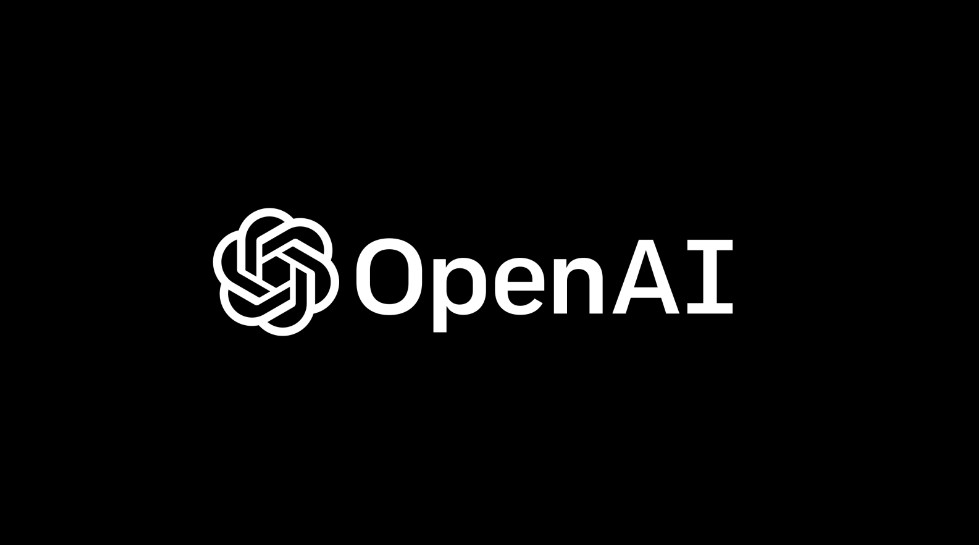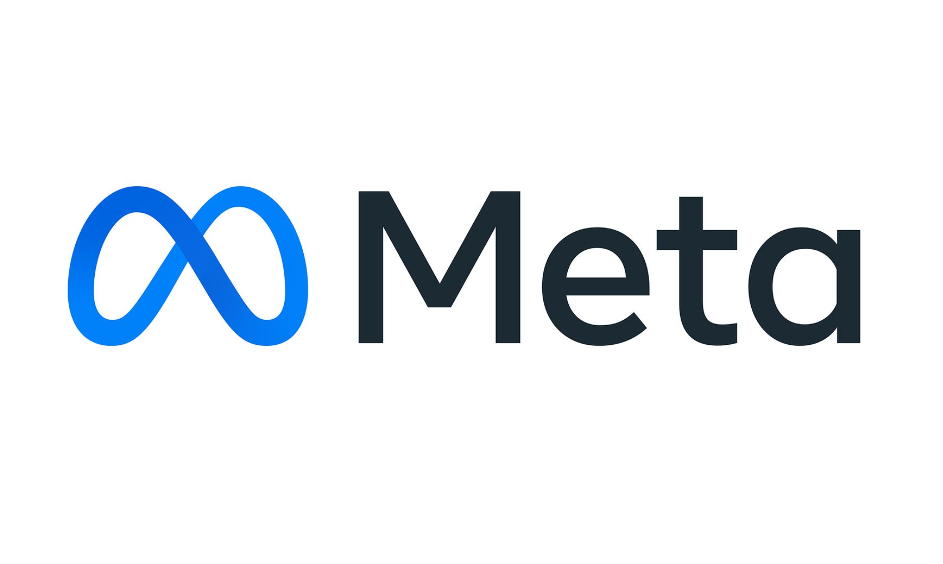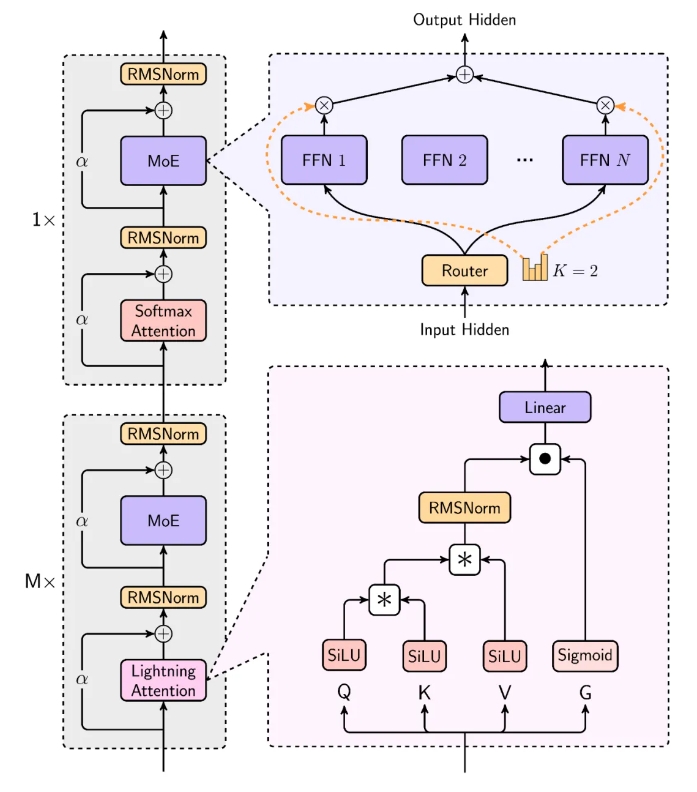In the healthcare industry, artificial intelligence (AI) is becoming an attractive solution to accelerate the efficiency of clinical, research and administrative work. Recently, medical technology startup Qventus successfully completed a US$105 million Series D financing, further consolidating its position in the AI medical field.
The round was led by KKR and included $85 million in equity financing and $20 million in optional debt. Mudit Garg, CEO and co-founder of Qventus, said: “We don’t need this funding urgently, but this is a great opportunity. The funds will be used to develop more” AI Assistant”, expanding to a wider range of medical application scenarios, beyond its previous success in inpatient management.

Qventus’ latest valuation exceeds US$400 million, showing investors’ strong interest in AI medical technology. Among recent financings, UK-based Cera raised US$150 million, Hippocratic raised US$141 million, and Innovaccer received US$275 million. Qventus has raised approximately $95 million pre-funding and has quadrupled its customer base over the past year, tripled its core business and achieved a retention rate of 120%.
Gal mentioned that the company is close to breaking even, which is particularly important in the current capital market environment. Many start-ups are seeking more sustainable business models to cope with the challenges of the closing IPO window. He further pointed out that Qventus is not a traditional AI recording company, but focuses on alleviating operational pain points in the medical industry.
Since its establishment, Qventus has accumulated more than 12 years of experience in using machine learning and automation technologies to improve medical efficiency. It has recently incorporated generative AI technology to enable its solutions to respond to clinical needs in real time. Gall said that using generative AI, unstructured data can be better processed and integrated, thereby reducing the administrative burden on medical staff and allowing them to focus more on patient care.
It is expected that in the coming year, there will be more financing activities and M&A transactions in the AI medical field to further consolidate the industry. Jake Heller, a partner at KKR, said that Qventus is at a critical moment of growth. The medical system's demand for technology is rising. Qventus' technology can effectively reduce the burden on medical staff, thereby improving the quality of patient care.
AI courses are suitable for people who are interested in artificial intelligence technology, including but not limited to students, engineers, data scientists, developers, and professionals in AI technology.
The course content ranges from basic to advanced. Beginners can choose basic courses and gradually go into more complex algorithms and applications.
Learning AI requires a certain mathematical foundation (such as linear algebra, probability theory, calculus, etc.), as well as programming knowledge (Python is the most commonly used programming language).
You will learn the core concepts and technologies in the fields of natural language processing, computer vision, data analysis, and master the use of AI tools and frameworks for practical development.
You can work as a data scientist, machine learning engineer, AI researcher, or apply AI technology to innovate in all walks of life.







